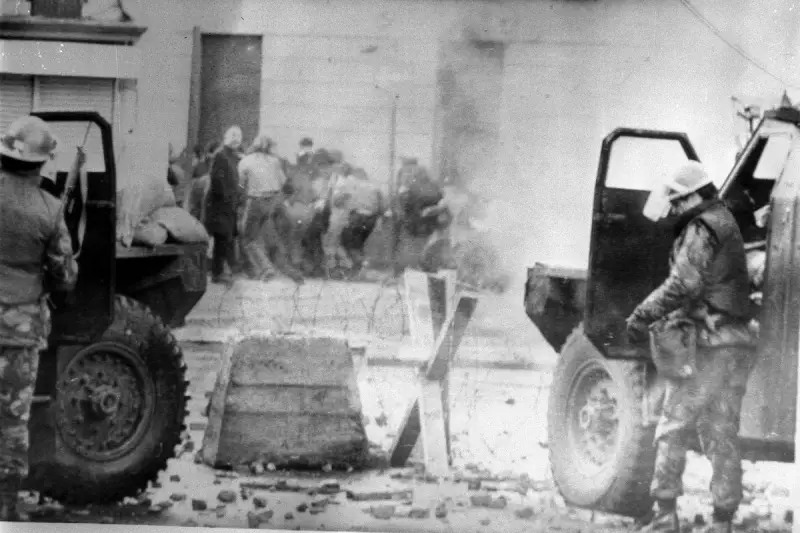
Significant new evidence has been presented to prosecutors regarding the events of Bloody Sunday in Londonderry, potentially challenging the long-standing official narrative of the 1972 tragedy that left 13 civilians dead.
The Public Prosecution Service for Northern Ireland confirmed it has received "a detailed file of evidence" concerning the actions of the Parachute Regiment during the civil rights demonstration on January 30, 1972. This development comes after years of renewed investigation into one of the most controversial incidents of the Northern Ireland conflict.
Fresh Testimony Challenges Official Accounts
According to sources close to the investigation, the new evidence includes previously unheard witness testimony and forensic analysis that contradicts initial military accounts of the events. The evidence suggests a more complex picture of what unfolded when British soldiers opened fire on unarmed protesters.
Legal representatives for the victims' families have expressed cautious optimism about the potential for new prosecutions. One solicitor noted that the quality and quantity of the new evidence "significantly strengthens the case for holding individuals accountable."
Long Road to Justice
The Bloody Sunday investigation has spanned decades, with the Saville Inquiry concluding in 2010 that all those shot were unarmed and that the soldiers' actions were "unjustified and unjustifiable." Despite this landmark finding, only one soldier faced prosecution, which was later dropped in 2021.
The latest evidence submission represents a renewed effort by investigators and victims' families to pursue accountability through the judicial system. A spokesperson for the Public Prosecution Service confirmed they are "carefully considering all the evidence before making a decision on prosecution."
Community Reaction and Historical Significance
In Londonderry, where memories of Bloody Sunday remain deeply embedded in the community's consciousness, news of the evidence submission has been met with mixed emotions. Many see it as a potential step toward closure, while others question whether justice can truly be achieved after fifty years.
The case continues to hold significant historical importance, not only for Northern Ireland but for understanding the complexities of the Troubles and the ongoing process of reconciliation and truth recovery.





